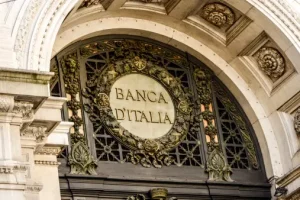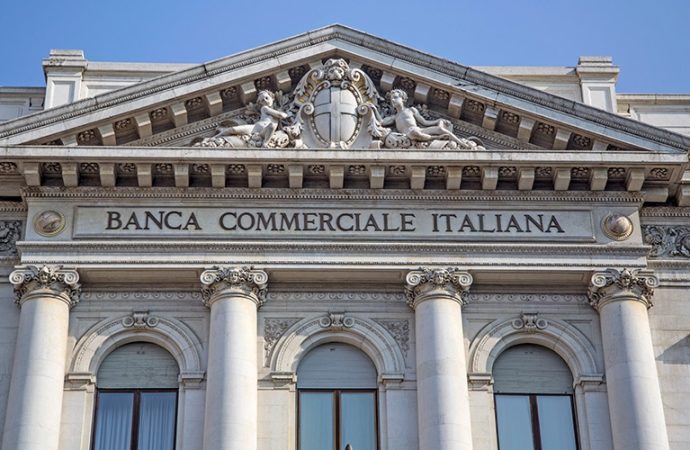Italy’s Surprise Windfall Tax Sends Ripples Through Banking Sector In a surprising move, Italy has shaken up its financial landscape by introducing an Italy Surprise Windfall Tax Banks unexpected windfall tax on banks. This unforeseen development is sending shockwaves through the banking industry, raising questions about its immediate impact and the broader economic implications. The
Italy’s Surprise Windfall Tax Sends Ripples Through Banking Sector
In a surprising move, Italy has shaken up its financial landscape by introducing an Italy Surprise Windfall Tax Banks unexpected windfall tax on banks. This unforeseen development is sending shockwaves through the banking industry, raising questions about its immediate impact and the broader economic implications.

https://media.istockphoto.com/id/160484063/photo/bank-of-italy-antique-sign-in-milan.web paly’s Windfall Tax Shakes Financial Landscape
The sudden imposition of a windfall tax on banks in Italy has caught many by surprise. While windfall taxes are not unheard of, their sudden introduction without prior indications or consultations adds an element of uncertainty to the financial sector. The motivations behind this move and its potential ramifications are subjects of intense scrutiny.
Financial Sector Under Pressure: Unpacking the Tax’s Effects
Italy’s banking sector, like those in many countries, operates in a dynamic and Italy Surprise Windfall Tax Banks competitive environment. The imposition of a windfall tax introduces an additional layer of financial pressure on banks, impacting their profitability and ability to allocate resources for growth and development. The immediate consequences may include adjustments to investment plans, lending activities, and potential changes to customer services.
Economic Ramifications: Assessing the Broader Impact
The introduction of a windfall tax on banks has broader economic implications beyond the financial sector. As banks navigate the tax’s impact on their operations, it could indirectly influence borrowing costs for businesses and consumers. Additionally, it may lead to shifts in investor sentiment and influence foreign investment decisions, potentially affecting Italy’s economic growth prospects.
Navigating Uncertainty: Banks’ Response and Future Outlook
Banks faced with the surprise windfall tax are now tasked with adapting to the new financial reality. Strategies may include reassessing dividend payouts, optimizing operational efficiency, and exploring avenues to mitigate the tax’s impact on their bottom line. Furthermore, the incident highlights the importance of proactive communication and collaboration between regulatory authorities and financial institutions to ensure a stable and predictable operating environment.
Conclusion
Italy’s surprise windfall tax on banks has injected a sense of unpredictability into the country’s financial sector. The immediate and long-term effects on banks, the broader economy, and investor confidence remain to be seen. As stakeholders across the financial landscape assess the implications of this unexpected development, it underscores the need for adaptability, resilience, and collaboration in navigating the evolving financial terrain.

















Leave a Comment
Your email address will not be published. Required fields are marked with *